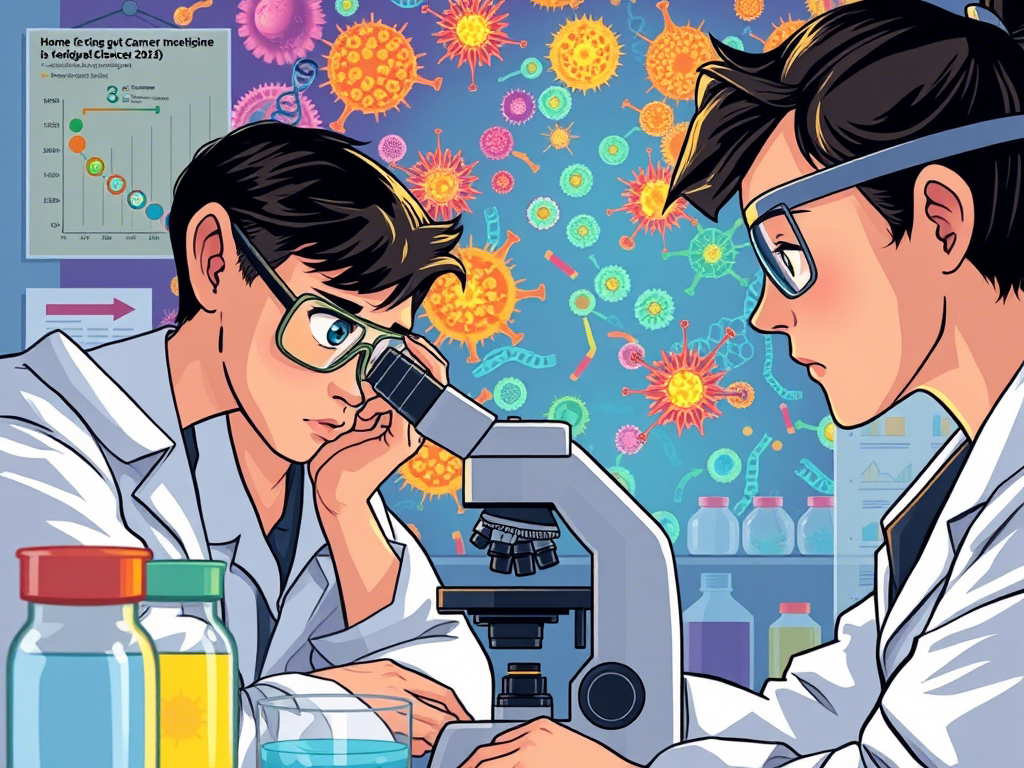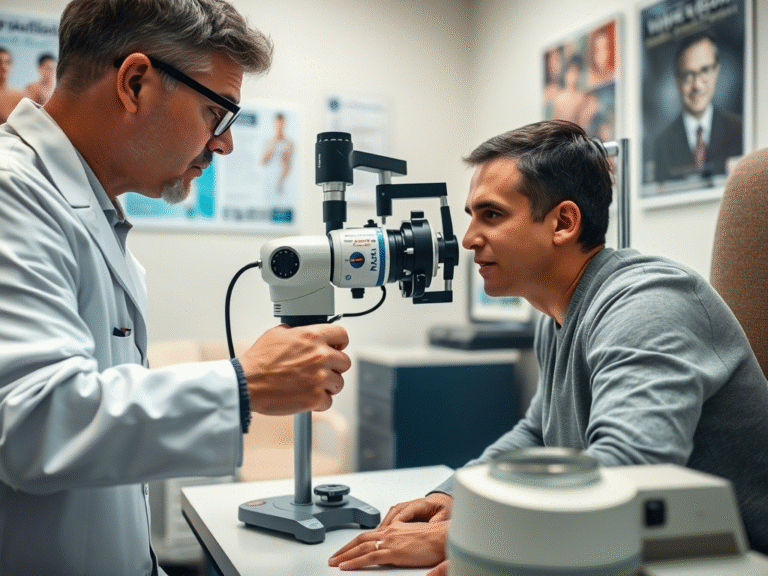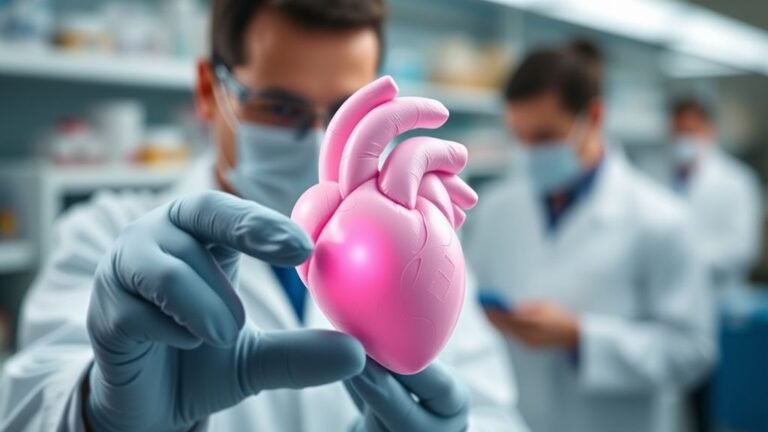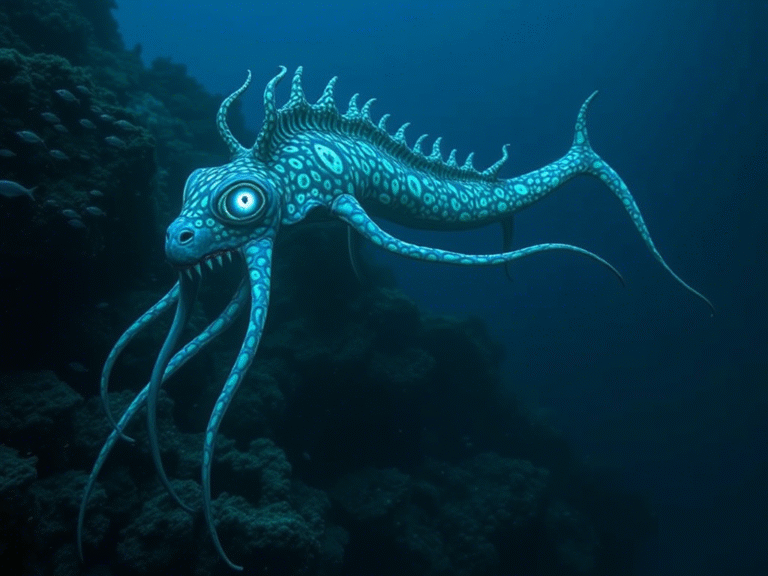
New Research Suggests Gut Microbiome Plays Role in Early Cancer Development
A global research team led by scientists at the University of California, San Diego, has uncovered evidence suggesting that a bacterial toxin called colibactin —produced by certain strains of E. coli —may be contributing to the growing number of colorectal cancer cases among younger adults.
Published in Nature , the study analyzed 981 colorectal cancer genomes from patients across 11 countries. Researchers found that while DNA-unstable cancers showed similar mutation patterns worldwide, microsatellite-stable cancers varied significantly between regions. These differences pointed to local environmental or microbial influences, with colibactin emerging as a strong suspect.
The toxin was more prevalent in areas with higher colorectal cancer rates, such as Argentina, Brazil, Colombia, Russia, and Thailand. Mutation signatures SBS88 and ID18 , both linked to colibactin, were detected 3.3 times more frequently in patients diagnosed before age 40 than in those over 70.
According to lead researcher Dr. Ludmil Alexandrov , these mutation patterns act like a biological archive, showing early-life exposure to colibactin could set the stage for cancer decades later. The toxin was also tied to mutations in the APC gene , a critical tumor suppressor involved in cell growth regulation. Around 25% of APC mutations in exposed individuals were traced back to colibactin-related DNA damage.
Colibactin exposure may occur during childhood, triggering small genetic changes that accumulate over time. As Dr. Alexandrov explained, a child acquiring an early mutation by age 10 could develop colorectal cancer by 40 instead of 60.
This discovery comes amid a troubling trend: early-onset colorectal cancer has doubled in many countries over the past two decades. Unlike older patients, younger ones often lack traditional risk factors like obesity or family history, prompting researchers to look for hidden causes.
Scientists are now exploring how people come into contact with colibactin-producing bacteria, whether diet or lifestyle increases exposure, and if probiotics can safely eliminate these harmful strains.
The findings are part of a broader initiative by the Mutographs team , supported by Cancer Grand Challenges , which studies mutation patterns across cancers of the esophagus, kidneys, and head and neck.
However, funding remains a concern. Much of this research depends on support from the U.S. National Institutes of Health (NIH) , and proposed budget cuts could threaten future progress. Dr. Alexandrov warned that disruptions in funding could slow discoveries with global implications.
Researchers hope continued investment will help develop effective prevention strategies and reshape our understanding of cancer — not as a disease that starts in adulthood, but potentially one rooted in early life through environmental and microbial influences.





